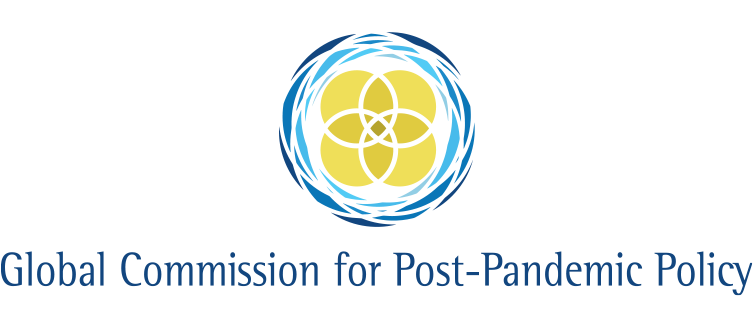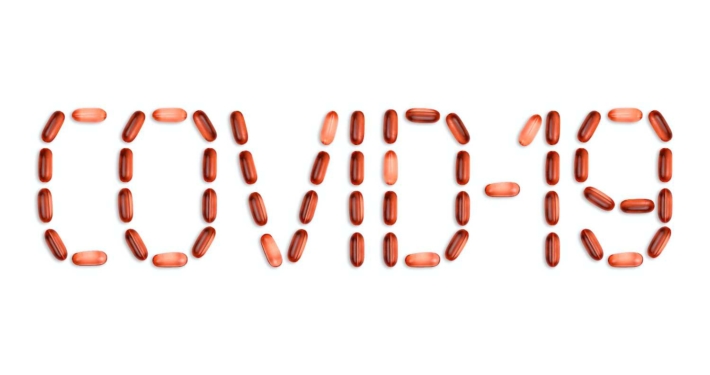The Pandemic, week to August 2nd
Health
The number of confirmed COVID-19 cases recorded worldwide began to rise at an accelerating rate this week, after a brief slowdown last week. The rise has been seen in every continent barring Latin America and the Caribbean, where infection rates are now stable—ending close to five weeks of steep decline.
The wave in Europe continues largely unabated, with case numbers now rising across the continent—especially in France, Italy and Scandinavia. The one exception is the United Kingdom, where cases unexpectedly began to plummet this week after rising steeply since mid-May. The reasons for the change remain unclear, but several factors are being credited: first, a high and rising level of immunity, as thanks to vaccination and prior infection 92% of adults in England and Wales now have the ability to produce antibodies to the coronavirus, estimates Britain’s Office for National Statistics; second, the effect of the Euro 2020 football tournament, which brought a dramatic spike in new coronavirus cases amongst young men, appears to have come to a close; lastly, the school year has ended, slowing infections in unvaccinated children.
In North America, the situation continues to deteriorate, especially in the United States, but cases are also now rising in Canada. The gains made by East and South-east Asia last week have largely reversed themselves, with cases rising in Laos, Thailand, Malaysia and the Philippines—and rising especially steeply in Japan. In Oceania, cases are still rising in Australia, even as cases decline in the region as a whole.
In the Middle East, cases continue to soar—with an escalating situation in Iran, Turkey, Jordan and Israel. The same is true of Central Asia, especially Georgia, Azerbaijan and Armenia. Finally, in Africa, the state of affairs in Southern Africa continues to improve, but cases are now rising fairly uniformly across East, West and North Africa—albeit from a low base.
In the United States, the Centers for Disease Control and Protection (CDC) revised its advice on mask-wearing for the vaccinated. The CDC now advises that both vaccinated and unvaccinated individuals in communities with rising infection rates should return to wearing masks indoors in public areas. The change reflects new data on breakthrough infections of the Delta variant. The yet-to-be-published findings suggest that vaccinated individuals generate large amounts of the virus in their nose and throats during a breakthrough infection—making them still notably contagious.
Elsewhere in the country, vaccine mandates began to gain momentum. President Joe Biden announced this week that federal workers will be required to get vaccinated or comply with onerous rules on mask-wearing, regular coronavirus testing, and social distancing. There will be similar measures in place for public employees at the state and local level in California, New York and Puerto Rico. These measures followed announcements by Facebook, Google and Netflix that they will require most employees to be vaccinated, joining the more than 600 colleges which have also announced vaccine mandates for staff and students.
The European Union overtook the United States this week in terms of vaccines administered per-capita, with just over 70% of adults in the bloc having received at least one vaccine dose, matching (and in some countries overtaking, the United Kingdom too) . The achievement caps a remarkable turn-around from what was a widely criticised start to Europe’s vaccine procurement effort and vaccination drive. Nevertheless, two member states—Romania and Bulgaria—lag far behind the vaccination rates in the bloc as a whole.
Worldwide, vaccination programmes have accelerated, with the global total of doses administered passing 4 billion on July 28th, and with daily rates rising in China (17 million) and India (5.29 million), and even passing one million daily in laggard Africa. On a global basis, our vaccine countdown shows that at the current rate of 39.6 million doses daily, protection for 80% of adults could in theory be achieved in just 130 days. But at Africa’s current daily rate, that continent would take four years.
In China, the National Immigration Administration—an agency of the Ministry of Public Security—announcedthat it has stopped issuing and renewing passports for non-urgent purposes in an attempt to stem outbound travel and slow the spread of the Delta variant into the country, as cases have begun to rise, albeit from a low bases, in several regions. The new policy joins existing restrictions on the granting of visas to foreign travellers.
Economy
In the European Union, Eurostat—the bloc’s statistical agency—released its second-quarter GDP estimates. The eurozone economy grew at a rate of 2% quarter-on-quarter in the months April to June, inclusive—or an annualised rate of 8.2%. That marks a return to growth after a 0.3% quarter-on-quarter contraction in the first quarter—and was higher than the 1.5% growth expected by a survey of economists polled by Reuters.
In the United States, the Department of Commerce released its second-quarter GDP estimates. The United States economy grew at an annualised rate of 6.5% in the months April to June, inclusive. That was higher than the 6.3% rate of growth recorded in the first-quarter but still weaker than the 8.5% rate of growth forecast by many economists. Nevertheless, the new GDP figures officially lifted the United States economy above its pre-pandemic level—an important milestone.
Nevertheless, the prospects for the American economy look bright, after the United States Senate voted 67-32 to take up a US$1 trillion bipartisan infrastructure bill that would make long-overdue investments in the country’s public-works system. Amongst those voting for the move was Kentucky Senator and Minority Leader Mitch McConnell, a signal of the surprisingly-large bipartisan support for the bill. If agreed with the House of Representatives, the package will provide funding for roads, bridges and other physical infrastructure.
The Federal Open Market Committee (FOMC)—the policy-making body of the Federal Reserve—met this week to update its monetary policy stance. The committee declared that the United States economy has made progress towards the Federal Reserve’s goals of full-employment and average inflation of 2% over the long-term, but not yet enough to justify tapering the central bank’s US$120bn-a-month asset purchasing programme or signalling an interest rate rise.
This week, the International Monetary Fund (IMF) dropped its 2021 growth forecast for India by 3 percentage points—from 12.5% to 9.5%. The institution cited the slow recovery in consumer-confidence in the country after India’s deadly second-wave of coronavirus infections and the delay in its now accelerating vaccination campaign.
Politics
In the United States, a Democratic-led House select committee released a document detailing evidence of political interference by Trump administration officials and appointees into the federal government’s pandemic response last year. Most significantly, the committee detailed efforts to alter or censor the contents of CDC reports made available to the public, especially the Morbidity and Mortality Weekly Report (MMWR), which lays out weekly coronavirus deaths, hospitalisations and infections.
In Japan, Prime Minister Yoshihide Suga extended the coronavirus state of emergency already in effect in Tokyo to four other areas—Saitama, Kanagawa, Chiba and Osaka—following spikes in new infections taking new daily case numbers above 10,000 for the first time since the pandemic began. Five other areas—including Hokkaido, Kyoto, Hyogo and Fukuoka—will also be placed under less-stringent emergency restrictions. Very few of the new infections have been connected with the Tokyo 2020 Summer Olympics that are now in full swing, and the Japanese public’s opposition to that event has somewhat abated thanks to a strong host-nation medal haul.
In Myanmar, the voices of residents and human rights activists accusing the military government—which seized power in February—of using the pandemic to consolidate power and punish opposition are growing louder. Medical workers appear to be being targeted after spearheading an earlier civil disobedience movement which encouraged civil servants and professionals to resist cooperation with the new government. With supplies of medical oxygen running low, there are also allegations that the government is directing existing oxygen stocks to government supporters and military-run hospitals.
In South Africa, acting-Health Minister Mamoloko Kubayi-Ngubani said that South Africa’s vaccination drive was regaining momentum after being disrupted by the recent outbreak of social unrest in the country, sparked by the imprisonment of former-President Jacob Zuma. At least 120 pharmacies—including 71 vaccination centres—were damaged by riots and looting in the provinces of Gauteng, the country’s most populous, and KwaZulu Natal.
GCPPP Newsletter
We now publish a weekly newsletter to inform friends and supporters of the Global Commission’s progress and to provide updates when new content is published. Please sign up here:


 Volodymyr Hryshchenko, Unsplash
Volodymyr Hryshchenko, Unsplash
 Adam Nieścioruk, Unsplash
Adam Nieścioruk, Unsplash
 visuals, Unsplash
visuals, Unsplash

 Photo by Sean Robertson on Unsplash
Photo by Sean Robertson on Unsplash